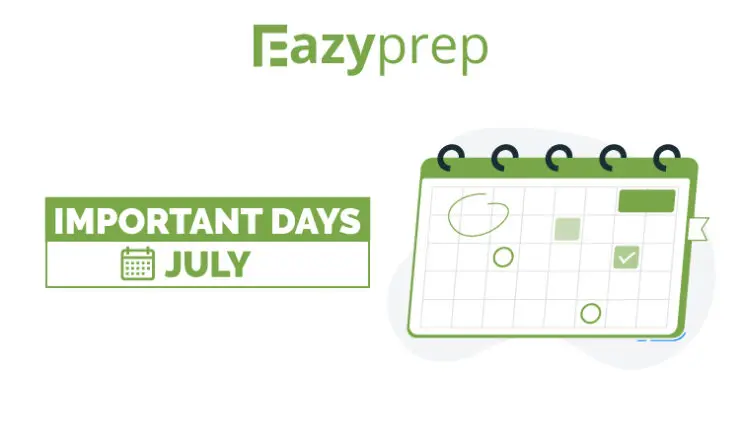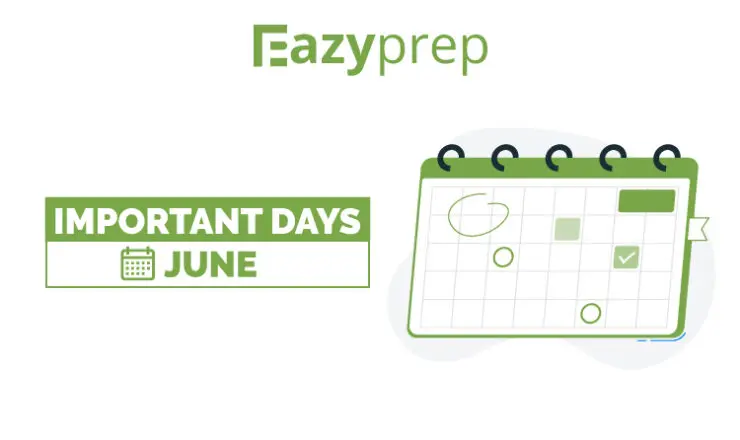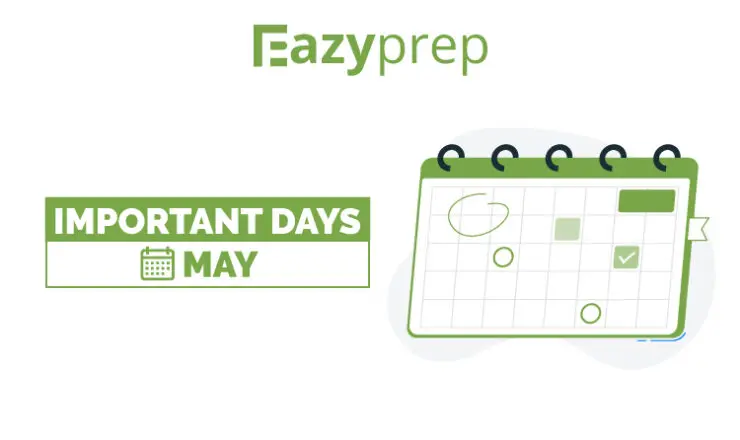![]()
English language as a subject can be found in almost every entrance exam for varied courses, and one of the most easily found and important topics in this section is the Reading Comprehension part. It is one of the most important topics that one needs to prepare for since they are known to carry a big weightage in entrance exams. If you can score a good number from reading comprehensions alone, you inch closer to your target marks for the exam
A variety of questions can be found in a reading comprehension ranging anywhere from direct fact-based questions, questions based on inference (like tone, main idea and type of passage), questions on grammar and vocabulary, etc.
Reading Comprehension questions are aimed at testing the understanding and analysis skill of candidates. It requires one to read the passage, process the information, and answer the questions based on it.
A lot of students always wonder how to improve their reading comprehension better, and what tips to follow for this specific topic. This article is made to help all such students who wish to use a special method to approach reading comprehension questions. Read the following steps of our special method to approach reading comprehension questions.
The Bottom-Up Method
1. Start from the questions: the bottom-up method
The traditional approach for attempting reading comprehension is to start by going through the passage, word by word and understanding the meaning of it. Only when one has done that do they even see the questions that are to be attempted.
However, the Bottom-up method is an opposite way of dealing with a reading comprehension from the traditional one. In this method, the trick is to read the questions first, and the passage later. You might wonder, “How do I jump to questions without even reading the passage?”. Well, the answer to your doubt is quite simple.
Following are the advantages of doing so:
- You know where to focus: Since you already know what has to be answered, your reading will be more focused towards important aspects of the passage, instead of concentrating on everything in it.
- Answering direct questions: Every reading comprehension entails different questions which are to be answered by the student. Some of these questions are rather simple and the answers to these questions need no deep reading and can be found directly. When you approach the questions first, your mind gets alert about finding the keywords and sentences which can be the possible answers to such easy questions. Such questions do not require much time and effort and can be solved in a matter of seconds, without wasting your precious time.
- Saves time: Since you are concentrating only on what is important, this method saves time. Also, it is quicker to understand the passage through the dual skim read – deep read technique (we’ll talk about it below).
- Increases accuracy: already answering easy direct questions, you will be left with more time in hand for attempting the longer and indirect questions.
2. Skim Read: Increase your reading speed
Entrance exams are timed, one cannot spare extra minutes on one question. One of the best tips to ace reading comprehension questions, and exams in general is to improve your reading skills and get rid of the human tendency to pay more attention to each and every word.
The first time you read the passage, skim read. Here is what you should do:
1. Stop yourself from over-concentrating: Try to stop subvocalizing or reading the passage to yourself or in your mind as it is one of the biggest factors which contribute to slow reading speed. Not all the information provided in the passage is necessary.
2. Read in chunks: Try to read chunks of information and and look at keywords. It is often recommended to read the first and the line line of the passage to get a rough idea about the essence of the text.
3. Understand main ideas: Glance through the text fast so as to have an understanding of what the passage is dealing with.
4. Answer direct and easy questions: As soon as you have read through the passage, approach the questions and try finding the answers. Since, you have gone through the text at a quick glance, you can easily locate the keywords from the question and answer it swiftly.
3. Deep Reading for indirect questions
Not every passage is easy and not all questions which follow reading comprehension are direct in nature, and thus not everything can be answered using the skim reading steps above. They require a deep reading to analyse and infer the answers correctly. Here is how to deep read:
- Use a pencil: Since deep reading needs extra focus and attention, use a pencil to trail after each word you read.
- Underline: Make sure that you underline and highlight important keywords in the passage, which will come in useful in understanding the passage and which might be relevant in answering the leftout questions. When you read the questions, always try to underline and mark the answers that you find while reading according to the correct question number. This will help you tackle even the best of questions with speed and accuracy.
Some Other Tips
1. Improve your vocabulary
One of the main reasons why students often face understanding issues while attempting questions on reading comprehension is due to the fact that they do not know the meaning of certain words, and hence fail to understand the meaning of the sentence. This makes them reread the passage, waste time and hence panic during the exams. Therefore, make sure you brush up your vocabulary by reading newspapers, making notes of new words that you come across, or even taking help of free dictionaries available online. Reading comprehension also entails a lot of vocabulary related questions which can only be solved if you have a sound vocabulary. Hence, do not forget to increase your vocabulary for an even better attempt at reading comprehension questions. Use Eazyprep’s daily Word of the Day and Words in News to get a daily boost of vocab-knowledge.
2. Be Focused and Calm
Lastly, maintain your calm and focus. Everyone gets stressed and anxious during exams, and this often leads to a panic induced reading of the questions. In such a state, our mind is prone to forgetting concepts and ideas due to a mental fog which looms over our brain. This in terms makes us lose our focus and concentration and waste time. While attempting reading comprehension questions it is very crucial to be attentive and focused on the text and not be distracted by any external or internal distractions.
When you are highly focused on the text, you are more likely to understand it fast and attempt questions with ease, than when you are stressed and not focused. This loss in concentration in turn gives rise to one of the worst reasons of slow reading – regression. Lack of concentration gives rise to various occasions where one needs to reread words and sentences to make sense of the passage. To avoid this, and easily attempt questions on reading comprehension, simply be relaxed and devote your full attention on the text at hand.
Reading comprehensions are great exercises to test your reading, understanding and analytical skills. They are not something to be scared of, but simply to be enjoyed while attempting. If you use a good reading technique, and prepare for them nicely, you will never find yourself in situations where you don’t know how to attempt them. Enjoy the process of reading and learning, for then you will be more engaged with the passages and find answers to all the questions in an easy manner. Incorporate the above hacks and ace the reading comprehension section like a pro!


